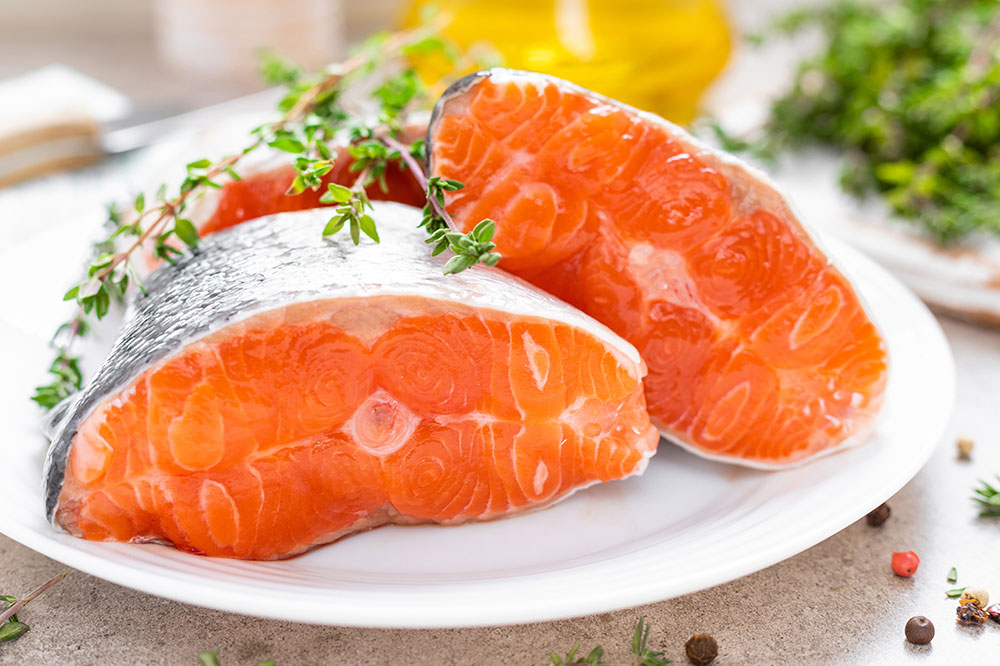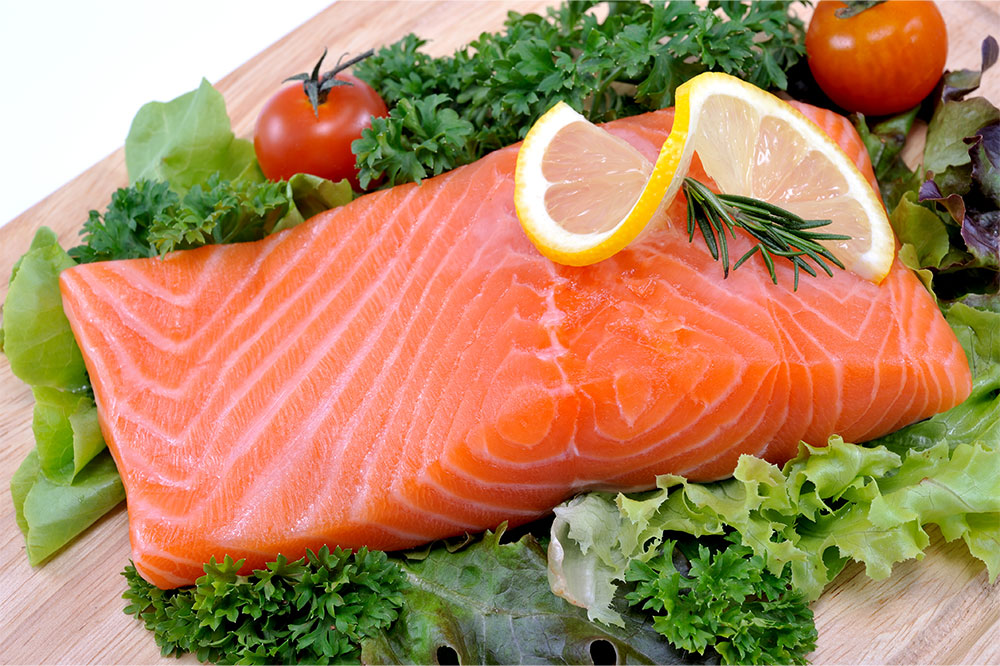Nutritional Strategies to Alleviate Arthritis Discomfort
Discover effective dietary strategies and key foods to help manage arthritis symptoms. Incorporating omega-3 rich fish, garlic, ginger, broccoli, nuts, and berries into your diet can reduce joint inflammation and pain. Medications like ACTEMRA® may also be prescribed for optimal management. Always consult healthcare providers before making changes to your treatment plan.

Foods to Support Arthritis Relief
Arthritis encompasses various conditions characterized by joint stiffness, swelling, and pain, affecting individuals across all demographics. The two most common forms are rheumatoid arthritis, an autoimmune disorder where the immune system attacks joint tissues, and osteoarthritis, caused by joint overuse. Certain dietary choices can aid in managing symptoms by reducing inflammation and alleviating pain. Here are some top foods that can help those with arthritis lead more comfortable lives.
Omega-3 Rich Fish
Fish like salmon, sardines, mackerel, and trout are excellent sources of omega-3 fatty acids, known for their strong anti-inflammatory properties. Regular consumption can reduce joint stiffness, lower inflammation markers, and ease pain. Additionally, their vitamin D content helps prevent rheumatoid arthritis symptoms. The American Heart Association recommends at least two servings of fatty fish weekly to combat inflammation effectively.
Garlic
Garlic offers numerous health benefits, including antioxidant and immune-boosting properties. Its anti-inflammatory effects can help reduce arthritis discomfort and support immune defenses, contributing to overall joint health.
Ginger
Ginger is widely used in cuisines and teas, and research indicates it can diminish arthritis symptoms, especially knee pain. It works by blocking substances that promote inflammation. Consuming ginger in fresh, dried, or powdered form can assist in symptom management.
Cruciferous Vegetables
Vegetables like broccoli contain compounds such as sulforaphane that lower inflammation levels. Regular intake of cruciferous veggies can help reduce arthritis-related inflammation and improve joint comfort.
Nuts and Seeds
Walnuts are rich in omega-3 fatty acids and other nutrients that help decrease joint inflammation. Studies associate walnut intake with reduced markers of inflammation and symptom relief in rheumatoid arthritis.
Berries
Berries like strawberries, blueberries, and raspberries are packed with antioxidants, vitamins, and minerals that combat inflammation. Those consuming at least two servings weekly tend to have lower inflammatory markers, benefiting joint health. They contain plant compounds such as rutin and quercetin with additional anti-inflammatory properties.
In conjunction with a balanced diet, some patients may require medications like ACTEMRA® (tocilizumab), which is prescribed to reduce inflammation and joint pain in rheumatoid arthritis. It functions by blocking interleukin-6 (IL-6) and is available as a weekly or bi-weekly injection or infusion.










